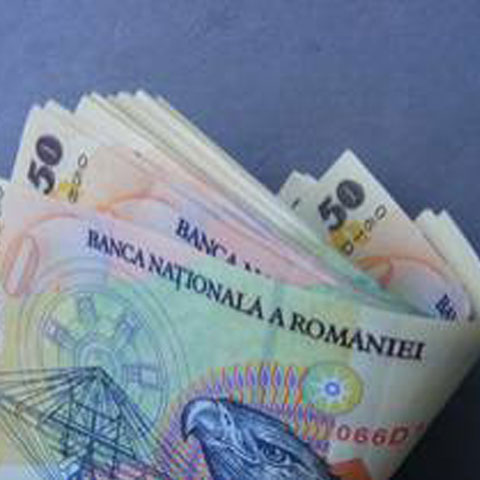The euro was traded close to 4.2550 lei in today's first transactions but the exchange rate lowered to a minimum of 4.2225 lei per euro. At 4:35 p.m. banks bought the euro with 4.2195 lei and sold it for 4.2290 lei.
“The leu appreciated in contrast with the regional trend. Emerging currencies lost ground as the risk aversion started to go back up and that is why it is possible that the leu's rise came after an indirect intervention of the central lender,” declared for NewsIn Ciprian Mihai, head of department at Volksbank Romania.
In the region, the Hungarian forint initially rose from 310 to 305.3 units per euro but then fell back to 308. The Polish zloty eased from 4.6750 to 4.7430 versus the euro but then went up to 4.71.
The leu appreciated 0.22 percent to 4.2392 versus the euro at the reference exchange rate posted by the central lender BNR. This was the sixth consecutive day in which the reference exchange rate reported a drop, as the leu gained a total 1.3 percent from the 4.2950 quota on March 20.
The reference exchange rate also showed a 1.65 percent fall of the leu to 3.2197 against the U.S. dollar.
On international markets, the U.S. currency climbed steadily from 1.3285 to 1.3144 against the euro. At 4:35 p.m. Romania's hour, the euro was traded at 1.3145 dollars.
The central bank posted an average interbank bid rate (ROBID) of 9.63 percent a year, below yesterday’s 10.06 percent and an interbank offer rate for overnight deposits (ROBOR) of 10.13 percent, down from the previous 10.62 percent.
Interbank interests for overnight deposits remain close to the benchmark rate of 10 percent per year.
BNR collected today 1.8 billion lei (424.6 million euros) from five banks and placed the money in one-week deposits at an annual interest rate of 10 percent, Birle added.


